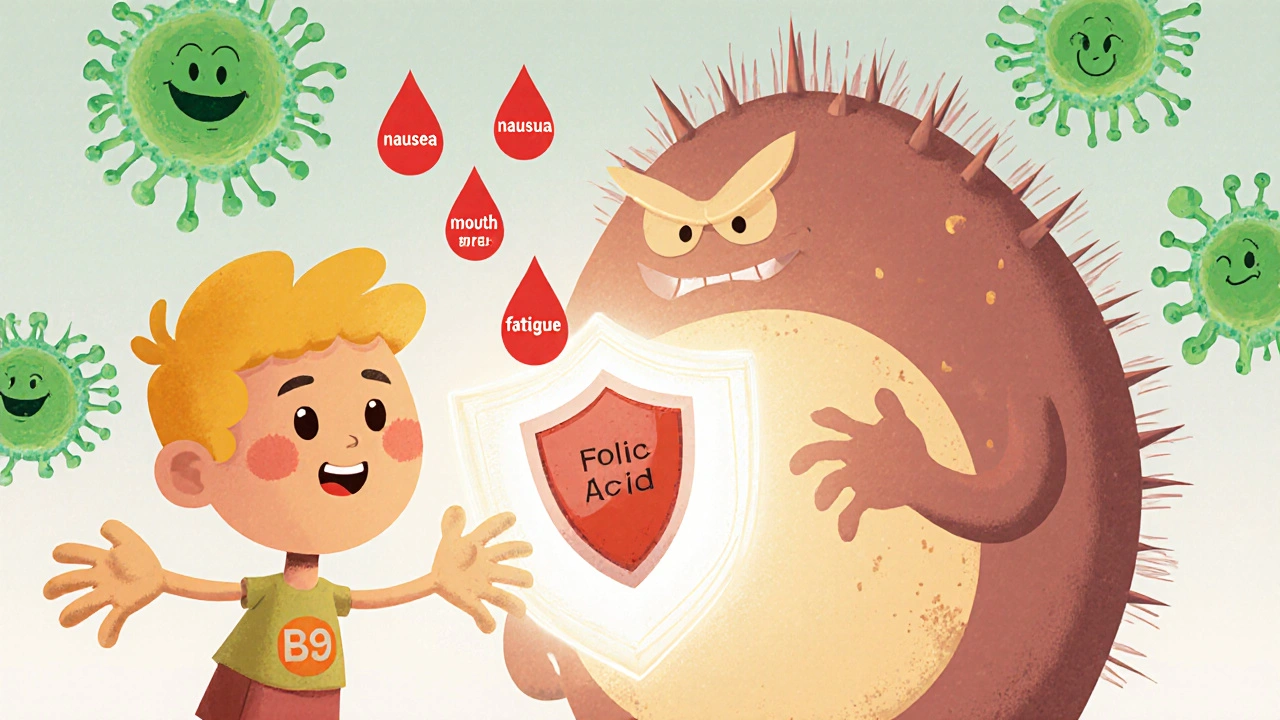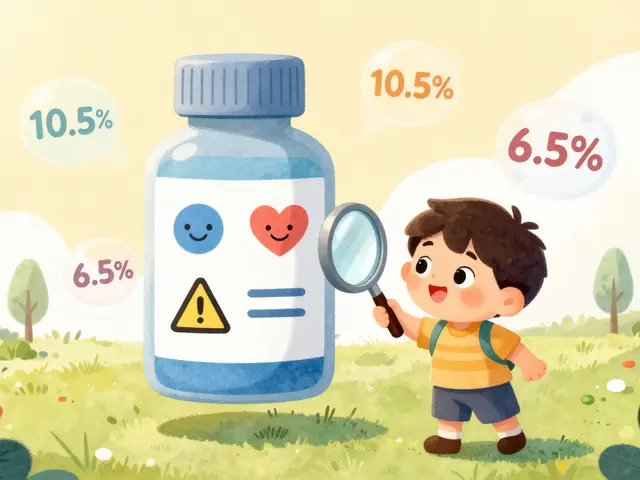Folic Acid: What It Does, Who Needs It, and How It Affects Your Health
When you hear folic acid, a synthetic form of vitamin B9 essential for DNA synthesis and cell division. Also known as folate, it's the nutrient your body uses to make new cells—especially during rapid growth like pregnancy or recovery from injury. It’s not just for pregnant women. Folic acid plays a quiet but critical role in keeping your blood healthy, your brain sharp, and your heart protected. Yet millions of people don’t get enough—even if they eat what they think is a balanced diet.
Folic acid works hand-in-hand with other nutrients like vitamin B12, a nutrient needed for nerve function and red blood cell production. Without enough B12, folic acid can mask a serious deficiency that leads to nerve damage. That’s why doctors often check both. It also interacts with medications like methotrexate and certain seizure drugs, which can lower your folate levels. If you’re on long-term prescriptions, you might need extra folic acid—not because you’re deficient, but because your meds are draining it.
For women who could get pregnant, taking 400 micrograms daily before conception cuts the risk of neural tube defects by up to 70%. That’s why prenatal vitamins always include it. But it’s not just about babies. Low folic acid levels are linked to higher homocysteine, a compound that can damage blood vessels and raise heart disease risk. Studies show that people with low folate are more likely to have memory problems as they age. And while you can get folate from leafy greens, beans, and citrus, many people still fall short—especially if they avoid fortified foods or have digestion issues.
There’s a reason you see folic acid on so many supplement labels and food packages. It’s cheap, stable, and effective. But that doesn’t mean more is always better. Too much can hide B12 deficiency or interfere with certain cancer treatments. The key is balance: enough to support your body’s needs, but not so much that it causes trouble.
Below, you’ll find real-world guides on how folic acid connects to medications, pregnancy, aging, and everyday health choices. Some posts show how it interacts with blood thinners. Others explain why older adults need more. A few even warn about what happens when you take it without knowing your B12 status. These aren’t theory pieces—they’re practical, tested insights from people who’ve been there.




